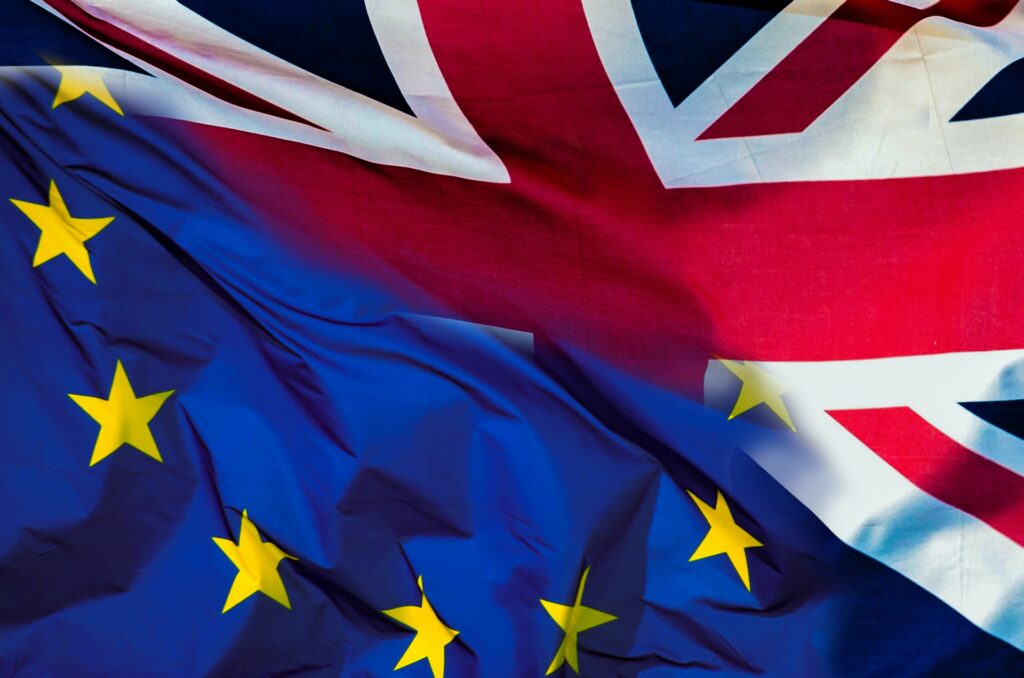Suzie Horne
Meat export orders are being cancelled and business lost because of Brexit uncertainty.
Warning of major disruption to the supply chain and severe financial consequences for British meat companies, the British Meat Processors’ Association (BMPA) is calling on the government for clear information and guidance and for it to step up efforts to agree trading terms with our most valuable overseas partners.
The association, representing the majority of abattoirs and meat wholesalers of all sizes, has been inundated with inquiries from members wanting information on what exactly is going to happen.
See also: Expert advice on tendering for a farm tenancy ahead of Brexit.
“Despite numerous crisis meetings with government officials, we are still no closer to getting definitive guidance on tariffs, certification and health marks that our members desperately need,” said BMPA chief executive Nick Allen.
“Unfortunately, the disruption has already started and damage is already being done.
“The lack of clarity around Brexit is now causing orders to be cancelled and effectively closing off once lucrative export markets to British firms.
“During March meat processors will be faced with the conundrum that they will be buying animals to process without any understanding of what the market may look like post-29 March.
“And it won’t be a simple matter of selling more product into the UK market because most of the £1bn worth of meat exported is made up of cuts that are popular overseas but not here in Britain.”
The problem affects the whole food supply chain, says BMPA.
Delays in announcing what tariff rates will apply in the event of a no-deal Brexit mean that shipments to overseas markets that set off tariff-free will arrive at their destination after 29 March and be subject to an, as yet, undetermined tariff. Those overseas customers have no way of knowing how much extra they will be required to pay.
Insurers are refusing to indemnify against losses related to a no-deal Brexit and there is also confusion about which health mark should be used. This is the stamp that indicates at which plant meat has been processed, ensuring traceability and provenance.
No decision has been made by government over what this mark should be, says BMPA.
Major export markets have given no formal acceptance of the UK’s change of status as it ceases to be an EU member state, so there is a real danger that any product that gets shipped bearing the wrong mark will be turned away at its destination, says BMPA.
UK Farmers Weekly, 1 March 2019
The South African Pork Producers’ Organisation (SAPPO) coordinates industry interventions and collaboratively manages risks in the value chain to enable the sustainability and profitability of pork producers in South Africa.
















